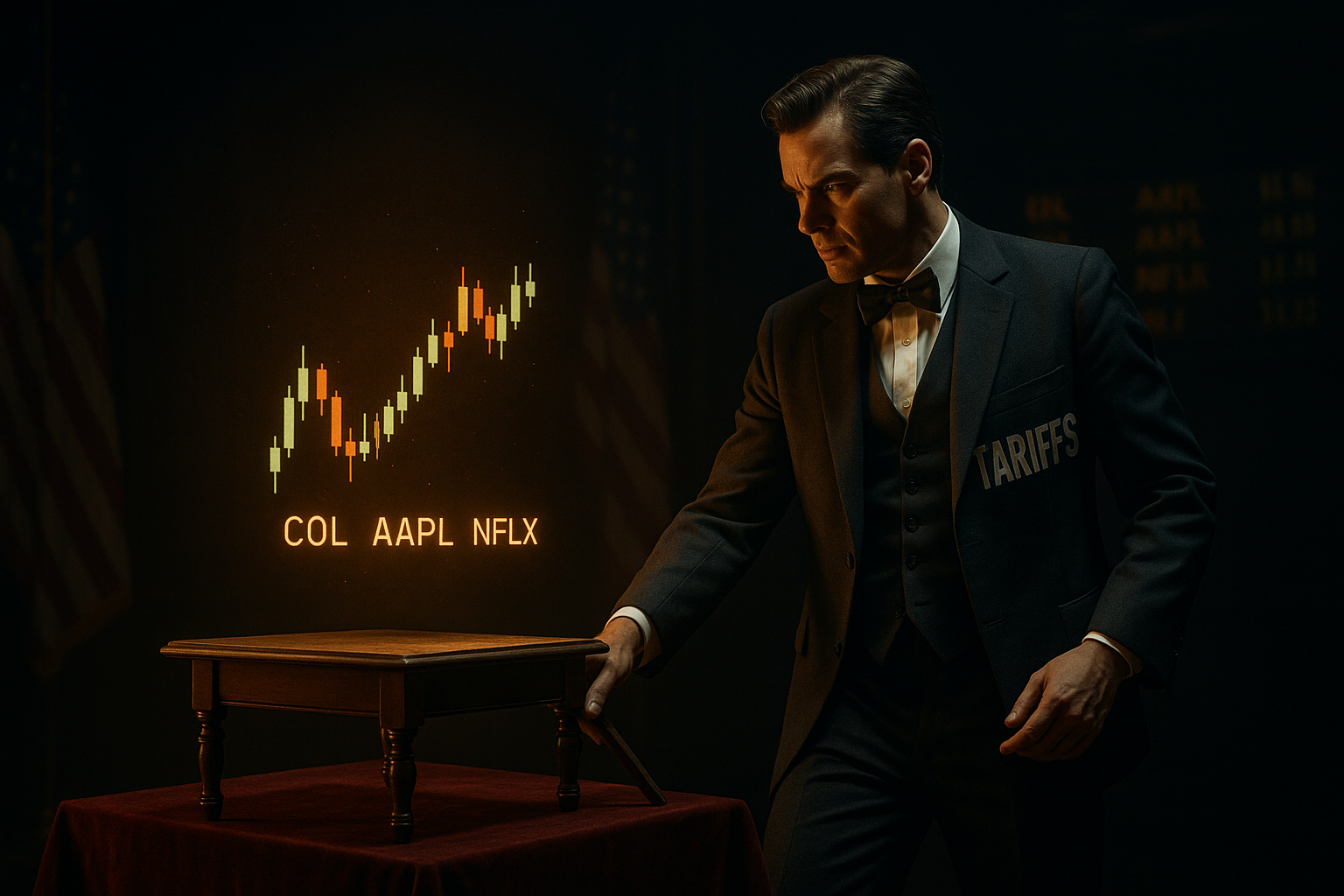Behind the scenes of America's escalating trade war with China, a curious dance is unfolding.
Trump insists he's waiting by the phone. China claims his team is already dialing.
According to Chinese state media outlet CCTV's Weibo account, Trump administration officials have been quietly reaching out to Beijing about those massive tariffs they just slapped on Chinese goods. This contradicts the public posture from Trump himself, who keeps insisting that President Xi needs to make the first move.
It's political theater at its finest—or perhaps its most exhausting, depending on your perspective.
I've covered trade tensions since the first Trump administration, and there's always been this gap between public posturing and private pragmatism. The difference now? The stakes feel significantly higher.
During Wednesday's cabinet meeting, Trump offered what you might call a relationship-status-complicated update on US-China trade. He acknowledged the sharp decline in bilateral commerce but quickly added he wasn't "happy" about it because—and this part struck me as particularly telling—he wants "China to do well." Just, you know, while treating America fairly.
(Anyone who's ever used the "it's not you, it's me" breakup line will recognize the diplomatic version when they hear it.)
Treasury Secretary Scott Bessent has similarly been playing hard-to-get in public statements, insisting Beijing needs to make the first move. Which makes these reported back-channel communications all the more intriguing.
The economic realities aren't exactly encouraging anyone to continue this standoff. US GDP contracted in Q1 for the first time since 2022, partly due to companies panic-buying ahead of tariff implementation—what some economists have been calling "pre-tariff import surge." Less formally? The "holy crap, tariffs are coming, buy everything now" effect.
Look, there's always been this disconnect between public posturing and private dealing in international relations. Countries posture publicly while diplomats work frantically through back channels. This isn't new.
What's different now is the sheer transparency of the contradiction. Trump repeatedly insists Xi needs to call him first... while his team apparently works back channels.
Who blinks first publicly? That's what markets are watching with increasing nervousness.
In my conversations with trade experts last week, several pointed out that this situation creates what game theorists call a "mutually destructive equilibrium." The US economy suffers from tariff impacts, but China faces potentially devastating export contractions. Neither wants to appear weak by making the first public overture.
Meanwhile, American consumers are discovering what economists have long warned—those 145% tariffs Trump promised would be paid by China? Yeah... check your receipts.
This reminds me of corporate merger negotiations I've covered—CEOs publicly declaring they're "absolutely not for sale" while their investment bankers quietly shop term sheets. Or divorce proceedings where both parties claim they "just want what's fair" while their lawyers wage tactical warfare.
When it comes to markets and diplomacy alike, watch what they do, not what they say. And it seems what they're doing is reaching for the phone... regardless of who claims to be waiting for the call.




